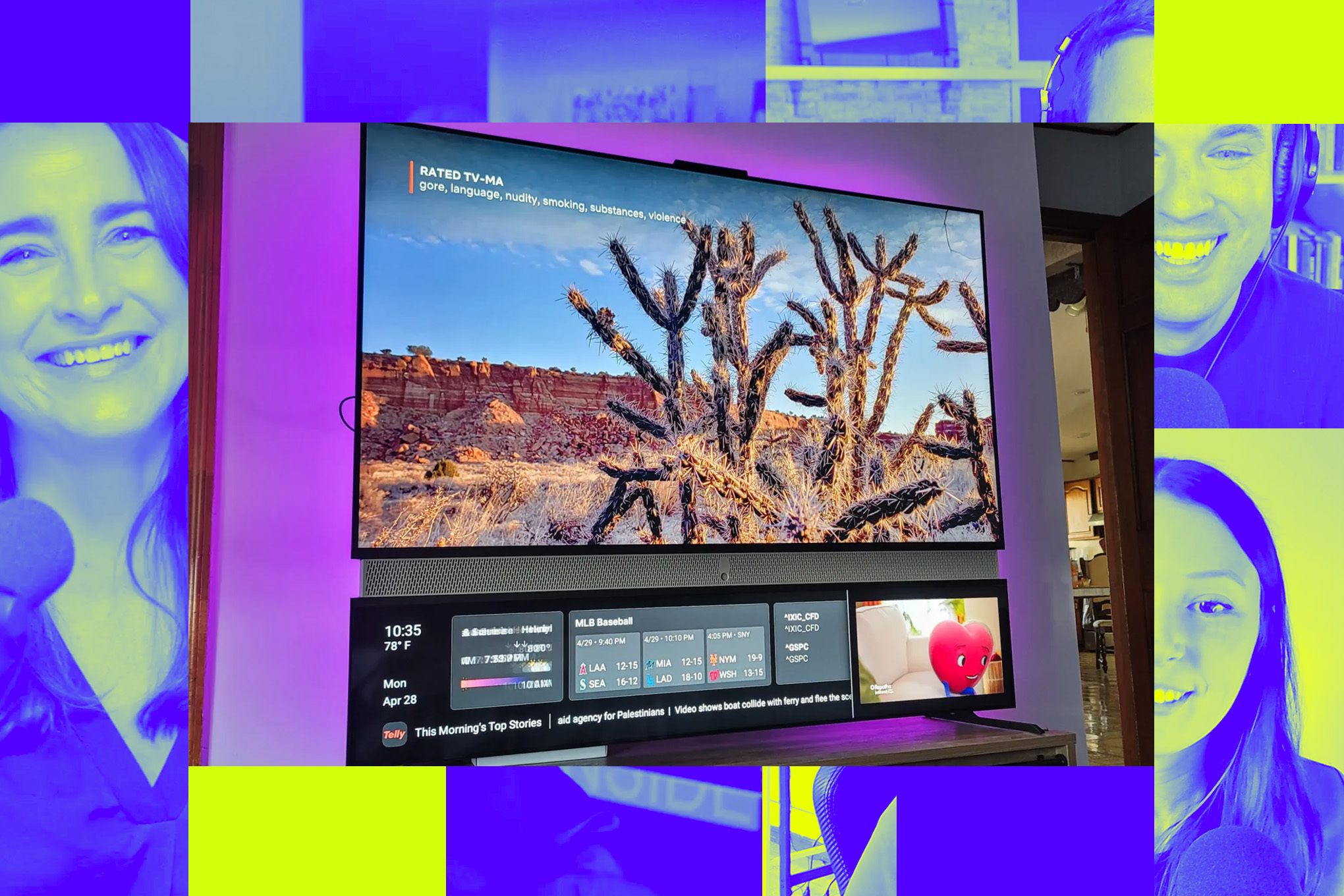What looked like a compelling deal - a completely free TV funded by constant advertising - turns out to have some serious strings attached. The Verge's hands-on review of Telly's ad-supported television reveals the real cost of 'free' hardware in the streaming age, while Amazon and Google push their own smart home visions forward with new Echo and Home devices.
The promise sounded almost too good to be true: a completely free television that pays for itself through advertising. When Telly CEO Ilya Pozin appeared on The Vergecast back in 2023, his pitch for an ad-supported TV seemed like a reasonable business model that could benefit both company and consumer. Fast forward to today, and The Verge's Emma Roth has spent real time living with the device - and the reality doesn't quite match the marketing.
Roth's detailed hands-on review reveals the hidden friction in Telly's 'free' model. The TV comes with impressive hardware specs and features that would normally cost hundreds of dollars, but the constant advertising creates an unexpectedly intrusive viewing experience. Perhaps most oddly, the device launches into an AI-generated newscast every time users turn it on - a feature that feels more dystopian than helpful.
The timing of this Telly deep-dive coincides with major moves from tech giants pushing their own vision of the connected home. Amazon just unveiled a slate of new devices at their fall hardware event, including updated Echo Show displays, a new Echo Dot Max, and the Kindle Scribe Colorsoft. The company clearly believes that better hardware can finally make Alexa-powered smart homes work for mainstream users.
Not to be outdone, Google rolled out its own new Home Speaker, betting that current AI capabilities can solve the smart home's usability problems. Both companies are essentially wagering that the combination of improved hardware and more capable AI assistants will unlock the smart home market that's been perpetually 'just around the corner' for years.
But while the hardware is indeed getting better fast, the software remains debatable. Amazon's Alexa Plus promises smarter responses, but early testing suggests it's to justify the hype.












